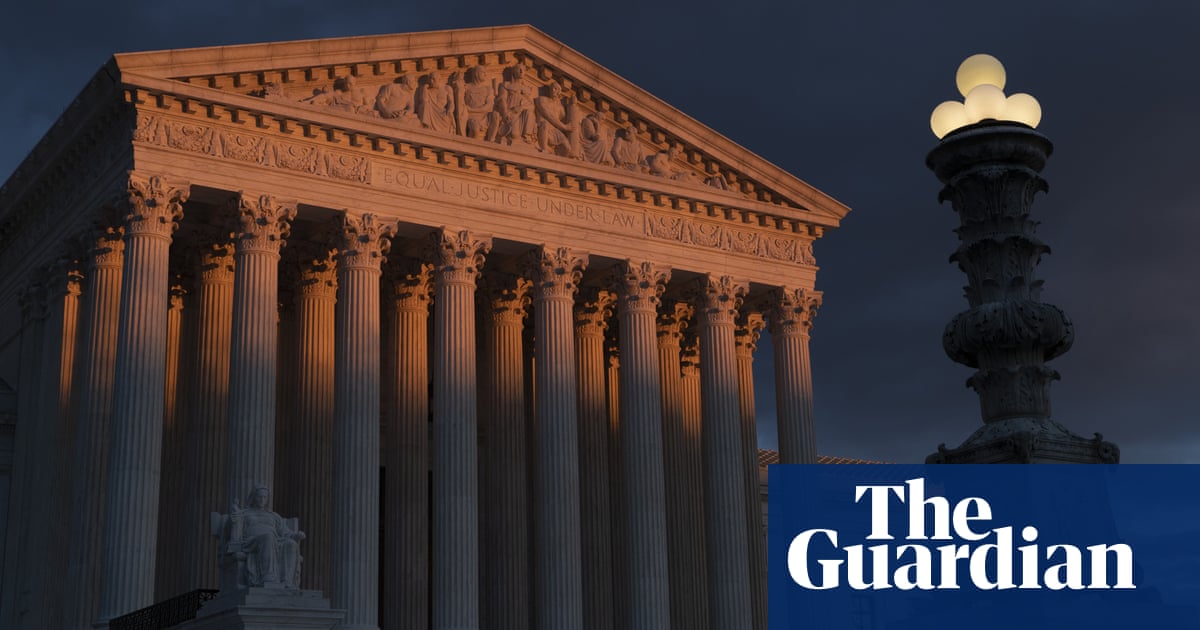Just as a minor update on the legal stuff: Trump’s felony trial in state court in New York has concluded, and the jury has begun deliberating today. At any time a verdict could come back.
This is the least consequential of Trump’s four felony trials. This is the one where he’s charged with falsifying business records, with the prosecution arguing that it’s elevated to a felony based on the belief that he falsified those records so as to further what would be an offence under state election law- though prosecution does not need to charge or prove that predicate offence.
Even if convicted, prison time is unlikely, and it would have zero impact on his eligibility for office. This is, however, the only one of the four cases that now looks likely to resolve before the election, so it will be sensational in that respect, anyway.
I didn’t follow the case closely enough to have a real appreciation of the evidence, nor do so have the benefit of the judge’s instruction to the jury on how to apply the law, so I don’t really have an opinion on this one one way or another. Whichever way it goes there will be much angsty gnashing of teeth, and potentially appeals (definitely if he’s convicted).
And now we wait to see what the jury says.





